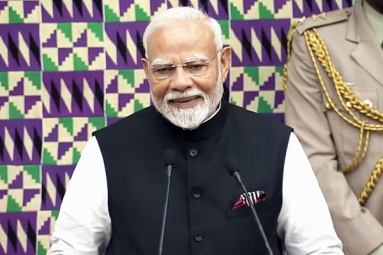
(Image source from: })
A leading US cyber security specialist, FireEye, alleged that Chinese hackers may have targeted Indian organizations to collect information that is strategic and commercially sensitive, with a probable intention to intensify tensions between two of the Asia’s largest emerging economies.
According to the information released by the network security company, in recent years an unnamed group, mostly from China, has used a script called ‘water main’ to attack over 70 Indian institutions. One of the materials that were targeted was information concerning works of Indian activists on issues related to Tibet’s dubious Chinese region.
How do the hackers attack?
FireEye says that the source of the water main attacks was from an advanced persistent threat (APT) group that gains access to sensitive information by following a “spear-phishing” technique.
Hackers target employees in the organizations like government agencies and universities. Fake emails with attachment relevant to their work are sent to them. When the recipients open the attachments, hackers are allowed monitoring and searching data secretly.
Such attacks by Chinese hackers have even targeted organizations in Nepal, Bangladesh and Pakistan to seek information on border related issues.
FireEye’s chief technology officer in Asia, Bryce Boland, said: “Collecting intelligence on India remains a key strategic goal for China-based APT groups, and these attacks on India’s neighbouring countries reflect growing interest in its foreign affairs.”
“This particular group seems to be focused on border disputes relating to India. But we know there are other groups targeting India, and these attacks can be very significant in terms of things such as trade negotiations, intellectual property, or negotiation of construction contracts,” Boland added.
India and US increase co-operation on digital security
Last week in Washington, India and US senior officials have met on bilateral “cyber dialogue” to combat cyber crime and international security.
A national security analyst at the Mumbai-based Gateway House think-tank, Sameer Patil said, “They are certainly aware of the rising cyber threat posed by China, both on diplomatic disputes and wider commercial issues.”
“They have developed a broad cyber security strategy, but so far this has come with few specifics, or much co-operation between the government and the private sector,” Patil added.
-Sumana









